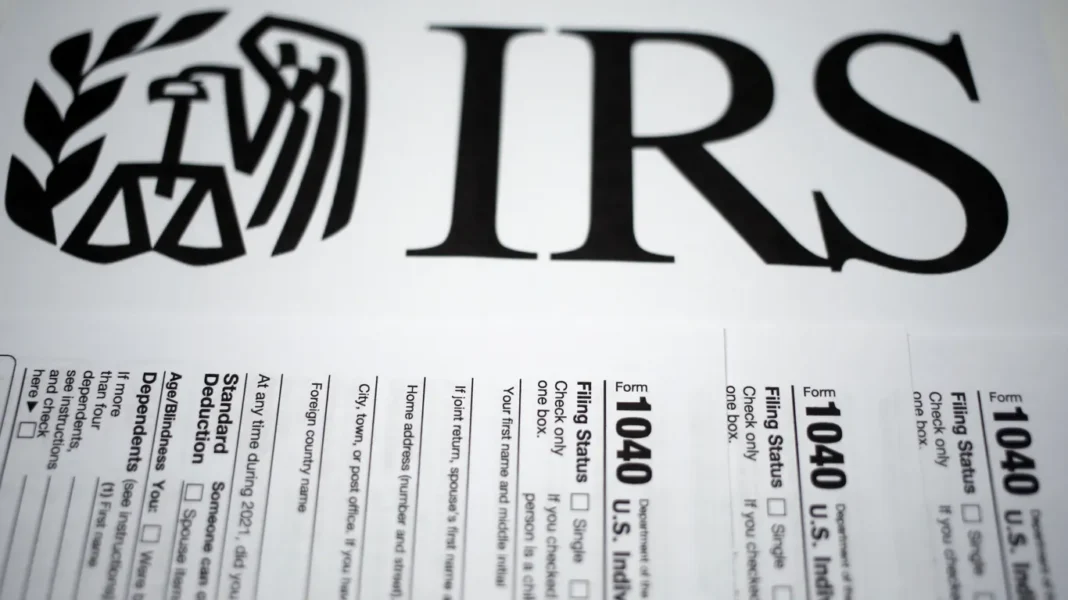As the 2025 tax season approaches, millions of American taxpayers are bracing for delays in receiving their tax refunds, particularly those claiming the Earned Income Tax Credit (EITC) and the Additional Child Tax Credit (ACTC).
The IRS has confirmed that refunds associated with these credits will not be issued before mid-February, pushing many anticipated payments into early March. The IRS is set to begin accepting tax returns on January 27, 2025.
However, due to the verification processes required for EITC and ACTC claims, taxpayers who file early may still face significant waits for their refunds.
According to IRS guidelines, the entire refund will be delayed, not just the portion related to these credits.
Refund Timeline
Taxpayers who file their returns electronically can expect their refunds to be processed within 10 to 12 days after acceptance by the IRS. For those filing after February 3, refunds may be delayed further:
- If the IRS accepts an e-filed return by January 27, direct deposit refunds could arrive as early as February 7.
- For returns accepted by February 3, refunds may not be received until February 14.
- Returns filed by February 10 could see refunds by February 21, while those accepted after February 17 may not receive refunds until late March.
Ongoing Challenges
This delay comes amid ongoing challenges faced by the IRS, including a backlog of claims from previous tax seasons and staffing shortages.
A recent report from the Taxpayer Advocate highlighted that many valid returns are being rejected, adding to the processing delays.
In addition to delays in refunds, taxpayers are encouraged to ensure that they have all necessary documentation ready before filing.
The IRS recommends using electronic filing methods to expedite processing times and minimize errors.
Conclusion
As taxpayers prepare for the upcoming filing season, awareness of potential delays is crucial.
Those eligible for EITC or ACTC should plan accordingly and consider filing as soon as they have all required documents.
The IRS’s “Where’s My Refund?” tool remains a valuable resource for tracking refund statuses as taxpayers navigate this year’s tax landscape.
Also Read
IRS Begins Distribution of $1,800 Stimulus Checks to Support Americans Amid Economic Challenges
Users report widespread outages of ChatGPT
